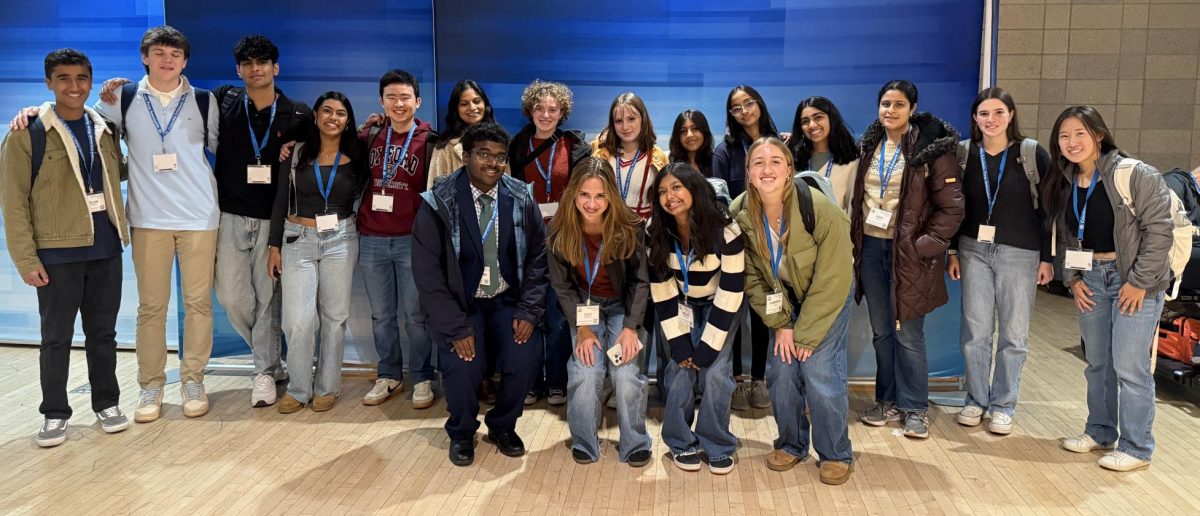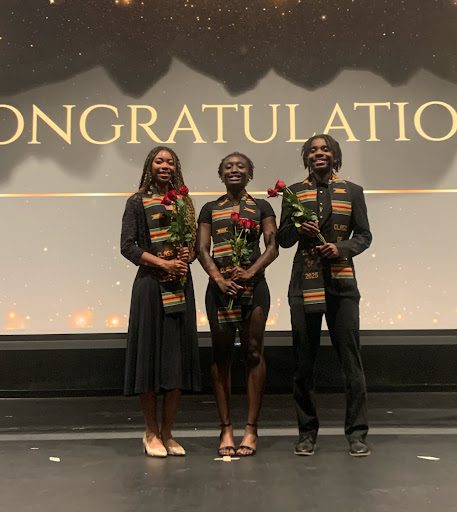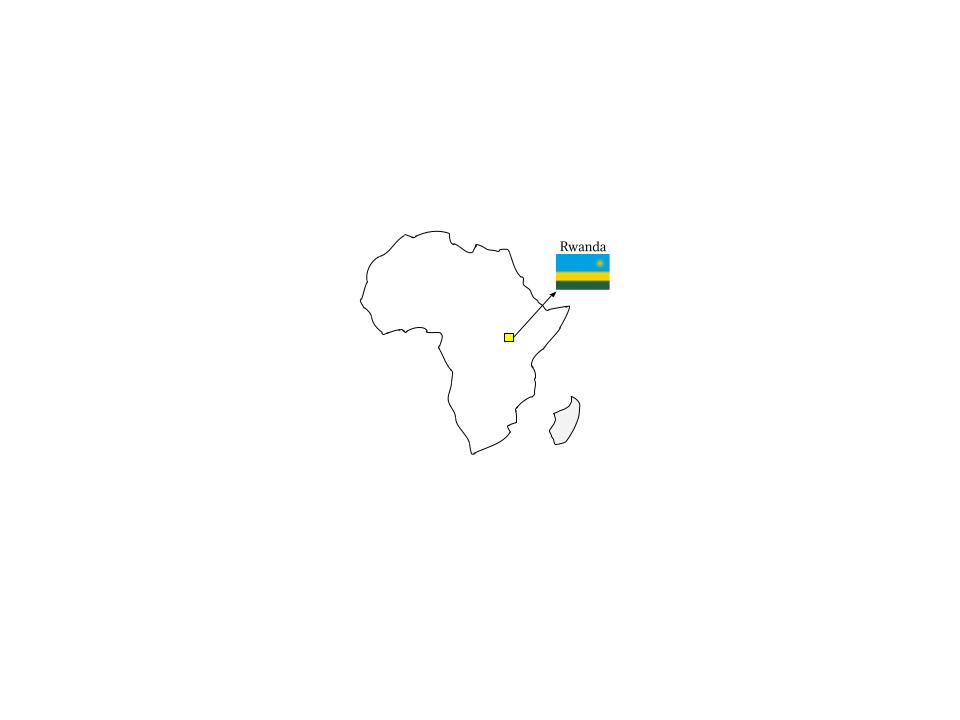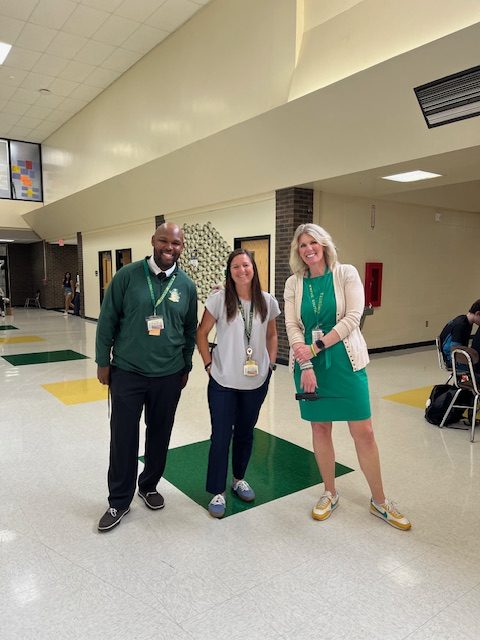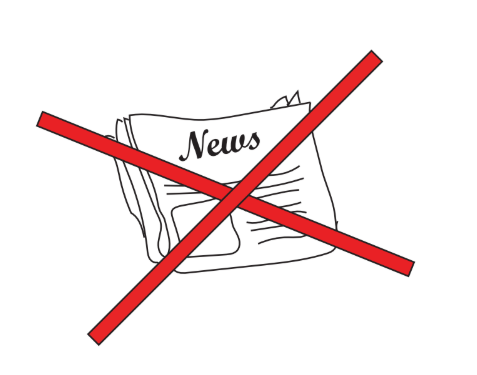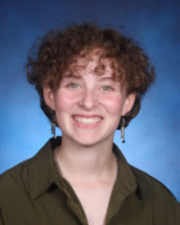Dodging pigeons, braving crowded subways, and learning how to chase down stories– just a day in the life of some fortunate Pirate’s Eye staff members who attended the Columbia Scholastic Press Association’s Fall conference.
On Nov. 4, I was among 17 journalism students who spent the day at Columbia University learning from the pros. We scurried across campus, competing with hundreds of other highschoolers for bolted down wooden chairs in poorly air-conditioned classrooms to attend stand-out sessions led by seasoned professionals. It was there we began to hone our interviewing skills, learn about photojournalism and yearbook composition, and explore journalism as a career.
Jacob Palenske, director of communications at Northrop Grumman Space systems, taught an intriguing session entitled ‘“Journalism Students Are Destined to be Poor’ and Other Stupid Lies Debunked.’” For 45 minutes, Palenske answered questions about jobs, salaries, and the life of journalists.
He emphasized that communication skills are essential for more than just journalists, and his point was well received.
Reflecting on the class, Senior Culture Editor Vidhi Kapoor (‘27) remarked, “the skills that you get from journalism are very, very important in other career fields such as engineering, medicine, law– literally everything in the world!”
Editor-In-Chief Deana Hu (‘26) had similar takeaways from Palenske’s session, touching on how journalism builds transferable skills such as organization, time management, leadership, and communication.
Personally, I enjoyed ‘Photojournalism: An Eyewitness to History,’ led by award-winning photojournalist David Berkwitz. His gallery of images and tales from the Tiananmen Square massacre, the first free election in South Africa, and 9/11 impressed upon me the importance and evocative nature of images in helping us understand and relate to stories that we do not ourselves witness.
Accompanying us on our trip was our advisor, Ms. Sima Kumar, and chaperone, Ms. Melissa Naud. This was the third time Ms. Kumar brought her class to the conference since she introduced it into the curriculum in 2016.
For her, “the whole idea of going to these conferences is to hone our skills for doing excellent journalism here in our class.” The CSPA provided professional development for educators as well, offering an advisor-only workshop during the day.
Looking beyond the aim of ever-improving our newspaper, Ms. Kumar also saw this conference as an opportunity to address the importance of making meaningful contributions to modern day journalism.
“What we do in this class has real-life repercussions in the lives of all my journalists as they go through high school as well as after high school,” she noted.
Ms. Kumar worries about journalism’s future as the “fourth estate” of democracy emphasizing that, through fact-based and unbiased reporting, the press plays an important role in keeping government accountable to the people.
“That idea of journalism as the fourth estate in a society– I think it’s something we need to talk more about, especially with this younger generation.” She hopes the conference underscored “the importance of the newspaper and journalism in particular to upholding a democratic society.”
As we rode home from Columbia, it became clear that no matter what sessions we attended and what we hoped to achieve, the conference certainly proved beneficial to all.
“I got to learn many tips from the workshops and I got really good ideas for our own newspaper,” said Kapoor.
Hu remarked, “I think [this] trip made us all appreciate journalism a little more.”

